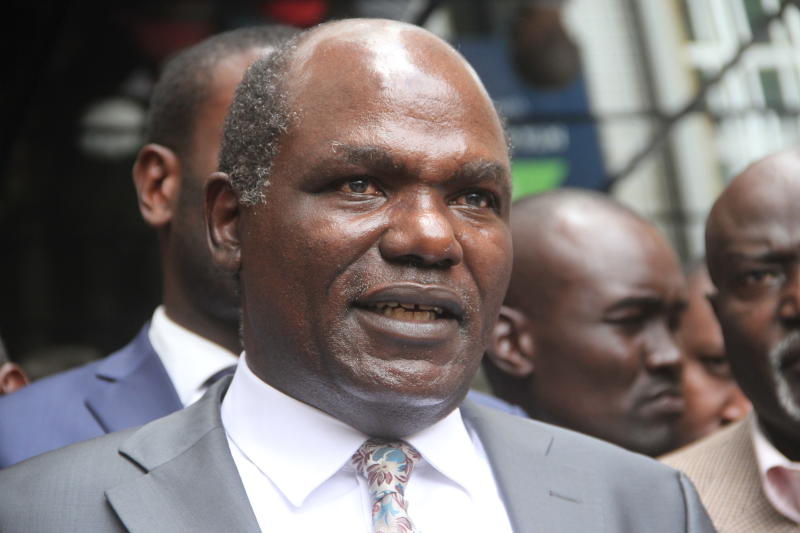IEBC Chairman Wafula Chebukati, addresses members of the press on April 26, 2022, at Anniversary Towers in Nairobi.[Edward Kiplimo, Standard]
×
The Standard e-Paper
Kenya’s Boldest Voice

The Independent Electoral and Boundaries Commission (IEBC) will reject nomination lists of parties that will not meet the two-thirds gender principle in selecting their candidates.
In a letter addressed to political parties, the IEBC directed them to pick at least a third of their candidates for all seats from one gender.